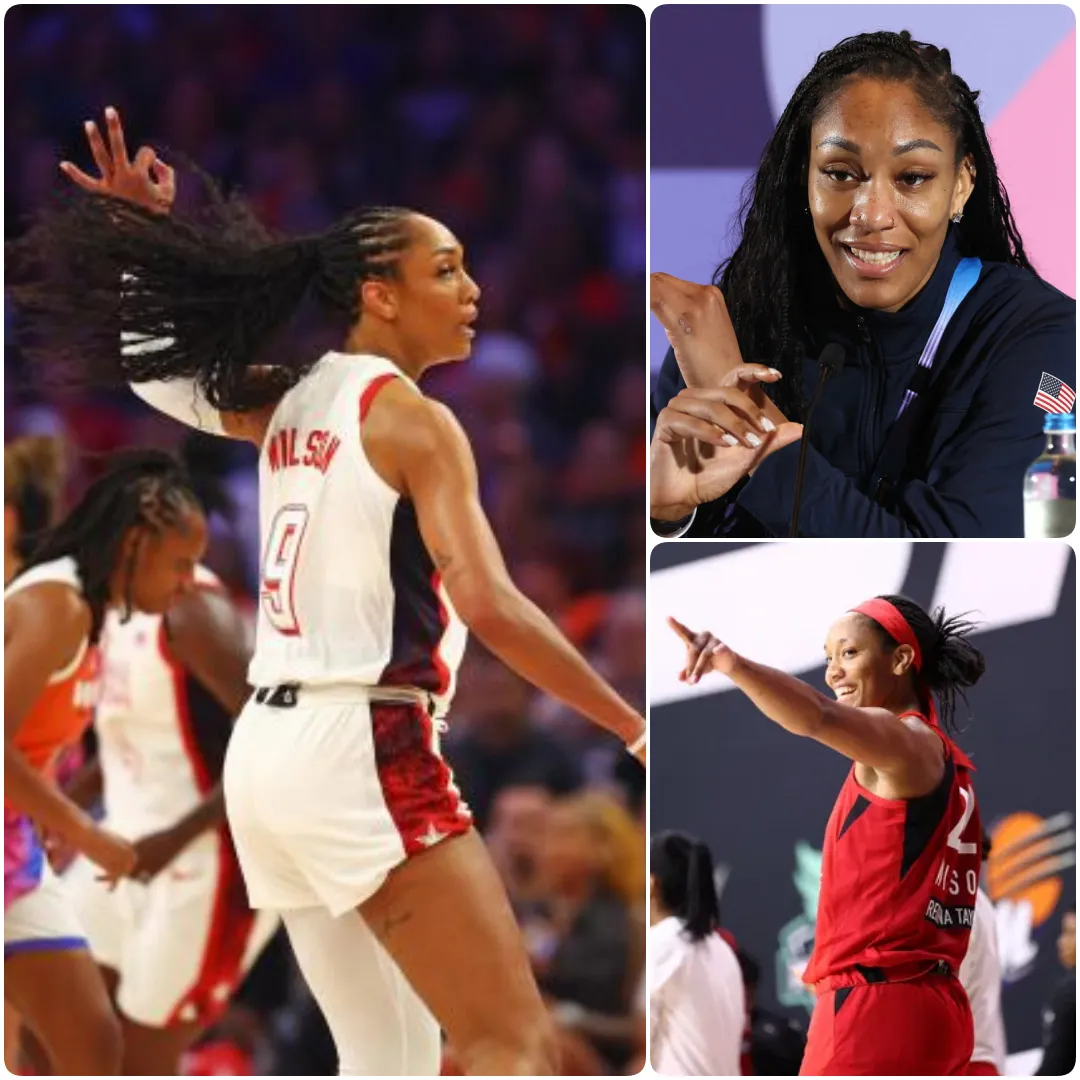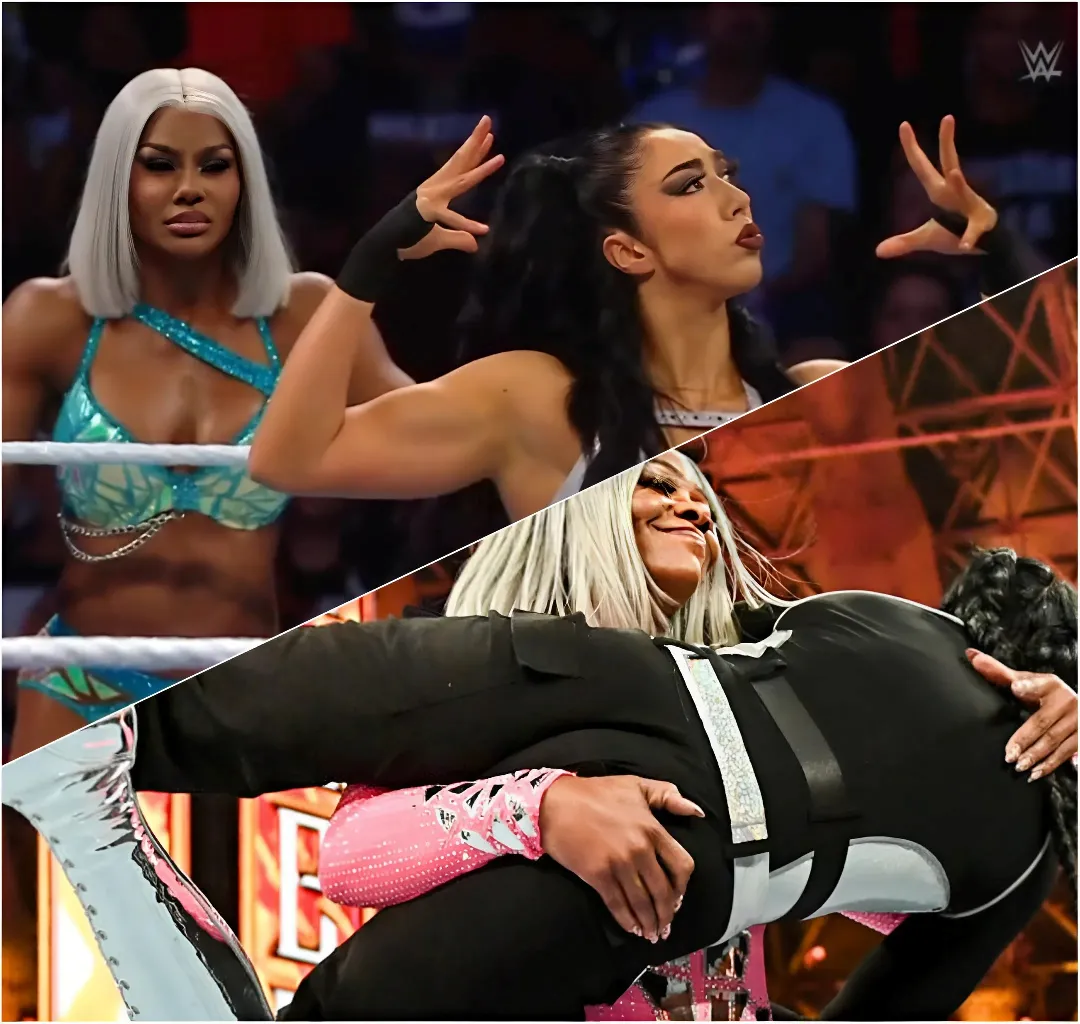Chicago Sky rookie Chennedy Carter recently made headlines when she expressed her frustration at being ranked at the bottom of the WNBA's top 25 players.

In a surprising turn of events, Carter pointed the finger at fellow player Caitlin Clark, alleging that the rankings were manipulated by Clark and her supporters.
Carter's outburst came as a shock to many in the basketball community, as she has been known for her on-court prowess and competitive spirit. However, her accusations against Clark have raised eyebrows and sparked a debate about the integrity of the WNBA's player rankings.
It is important to note that player rankings are typically determined by a combination of statistical performance, on-court impact, and votes from coaches, players, and media members. The process is designed to be as objective as possible, taking into account various factors that contribute to a player's overall value to their team and the league as a whole.
In light of Carter's allegations, it is crucial to approach the situation with fairness and objectivity. While it is understandable that Carter may be disappointed with her ranking, it is important to consider the broader context in which these rankings are determined. Accusing another player of manipulating the rankings without substantial evidence not only undermines the integrity of the process but also detracts from the achievements of other players who have earned their placement through hard work and dedication.
Furthermore, it is essential to remember that the WNBA is a community built on mutual respect and support. Allegations of manipulation and unfair play have no place in a league that prides itself on promoting equality and empowerment. It is imperative for players to uphold these values and address any concerns through appropriate channels rather than resorting to public accusations that can damage the reputation of individuals and the league as a whole.
In response to Carter's claims, Caitlin Clark has maintained her integrity and emphasized the importance of focusing on the game rather than engaging in divisive controversies. Her measured response reflects a commitment to sportsmanship and professionalism, qualities that are fundamental to the success and growth of the WNBA.
Moving forward, it is crucial for all players, fans, and stakeholders in the WNBA to come together in support of fair play and respect for one another. While competition is an inherent part of sports, it is essential to uphold the values of integrity, honesty, and sportsmanship that define the spirit of the game.
As the WNBA continues to evolve and gain prominence on the global stage, it is imperative for all involved to uphold the highest standards of conduct and professionalism. By doing so, the league can continue to be a beacon of inspiration and empowerment for athletes and fans alike.
In conclusion, Chennedy Carter's recent comments regarding the WNBA player rankings have sparked important conversations about fairness, integrity, and sportsmanship. It is crucial for all involved to approach these discussions with respect and objectivity, keeping in mind the values that define the WNBA as a community. By upholding these principles, the league can continue to thrive as a symbol of excellence and inclusivity in the world of sports.



